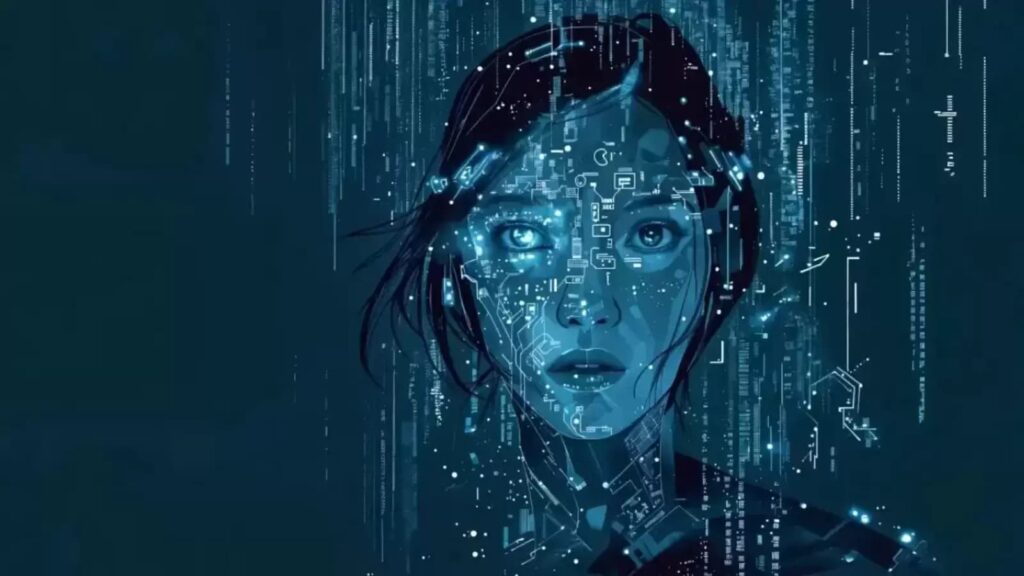
In an unprecedented move, Denmark is aiming to amend copyright law, which will allow citizens in the country to have the right on their body, voice and facial features amid the world dealing with the surge in artificial intelligence (AI) use.
According to the Danish government, all major parties have supported the bill, which will make it illegal and prohibit the use of deepfakes and other forms of “digital imitations” that mimic a person’s traits.
“In the bill we agree and are sending an unequivocal message that everybody has the right to their own body, their own voice and their own facial features, which is apparently not how the current law is protecting people against generative AI”, The Guardian quoted Denmark’s culture minister Jakob Engel-Schmid as saying.
He added, “Human beings can be run through the digital copy machine and be misused for all sorts of purposes and I’m not willing to accept that.”
It will also comprise “realistic, digitally generated imitations” of an artist’s work without their approval. If someone flouts the proposed rules, it could lead to compensation for those.
If technology platforms fail to comply with the new legislation, they may face “severe fines”, and the issue could be escalated to the European Commission, Jakob stated.
He noted, “This is new ground we are breaking, and if the platforms are not complying with that, we are willing to take additional steps.”
What are Deepfakes?
Deepfakes are a form of synthetic media created using artificial intelligence, particularly techniques like deep learning and generative adversarial networks (GANs). They manipulate audio, video, or images to make it appear that someone said or did something they never actually did.
Why this decision could have been taken?
The abuse of AI-generated deepfakes has been evident across the globe. While some deepfakes can be pretty entertaining or even downright funny, many cause serious harm in various ways. In the US, a man was arrested in Wisconsin last year and is facing up to 70 years in prison for possessing more than 13,000 deepfake images involving Child sexual abuse material (CSAM), according to reports.
In another instance, in March 2024, two Florida middle school students were arrested for allegedly making nude deepfakes of their classmates.
Even celebrities aren’t immune. For example, Jenna Ortega was targeted by a deepfake nude app that boldly ran ads on Meta’s platforms. Scarlett Johansson and Tom Hanks also had their faces used in ads, without their involvement, simply because someone deepfaked their images.
President Donald Trump in May this year signed the “Tools to Address Known Exploitation by Immobilising Technological Deepfakes on Websites and Networks Act (Take It Down Act)”, which mandates that websites and social media platforms must take down deepfake content within 48 hours after receiving a notice from the victim. While the law prohibits to “knowingly publish” or threat to publish intimate images without an individual’s consent, comprising AI-generated deepfakes, it does not address the tools used to produce such AI-created content.


